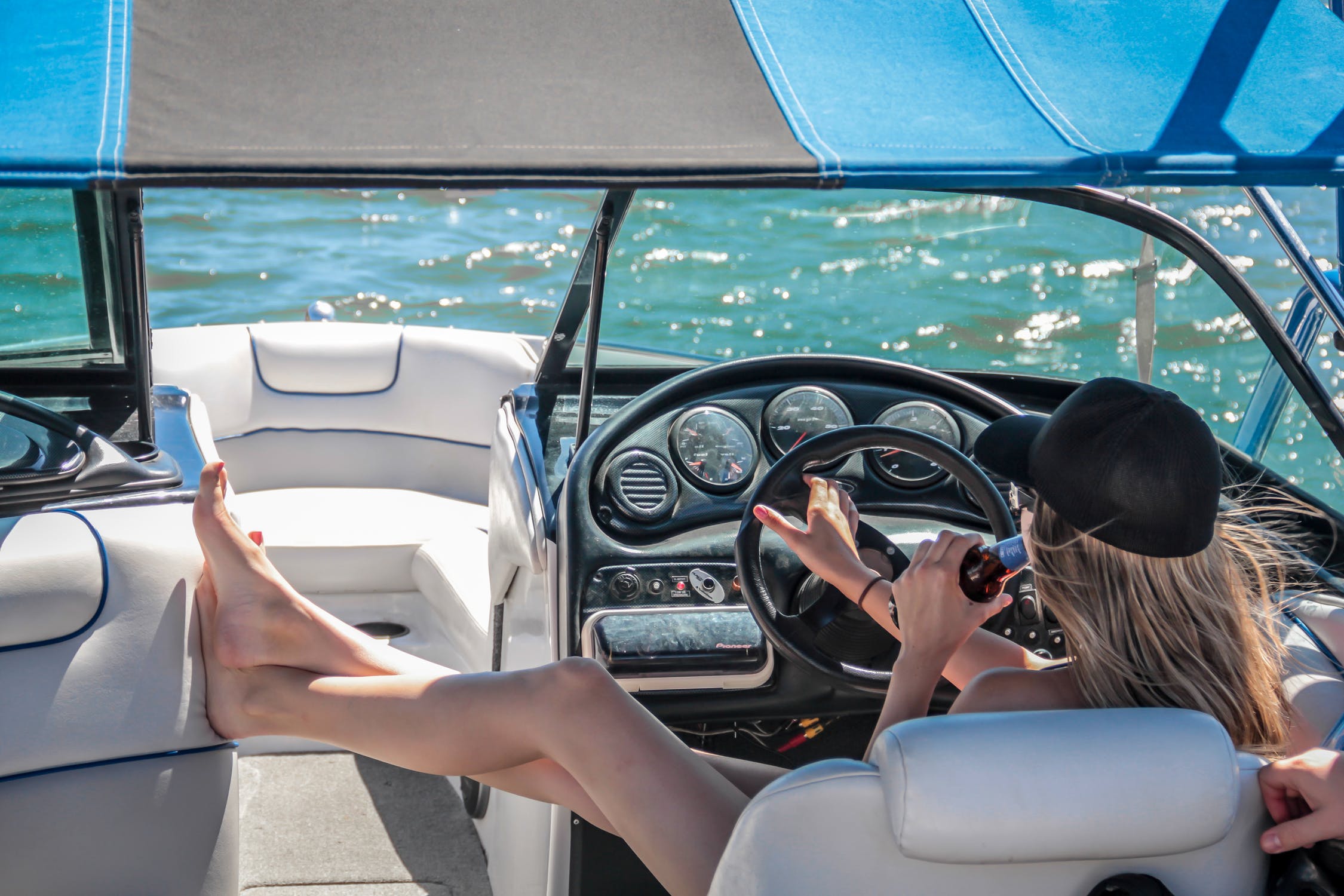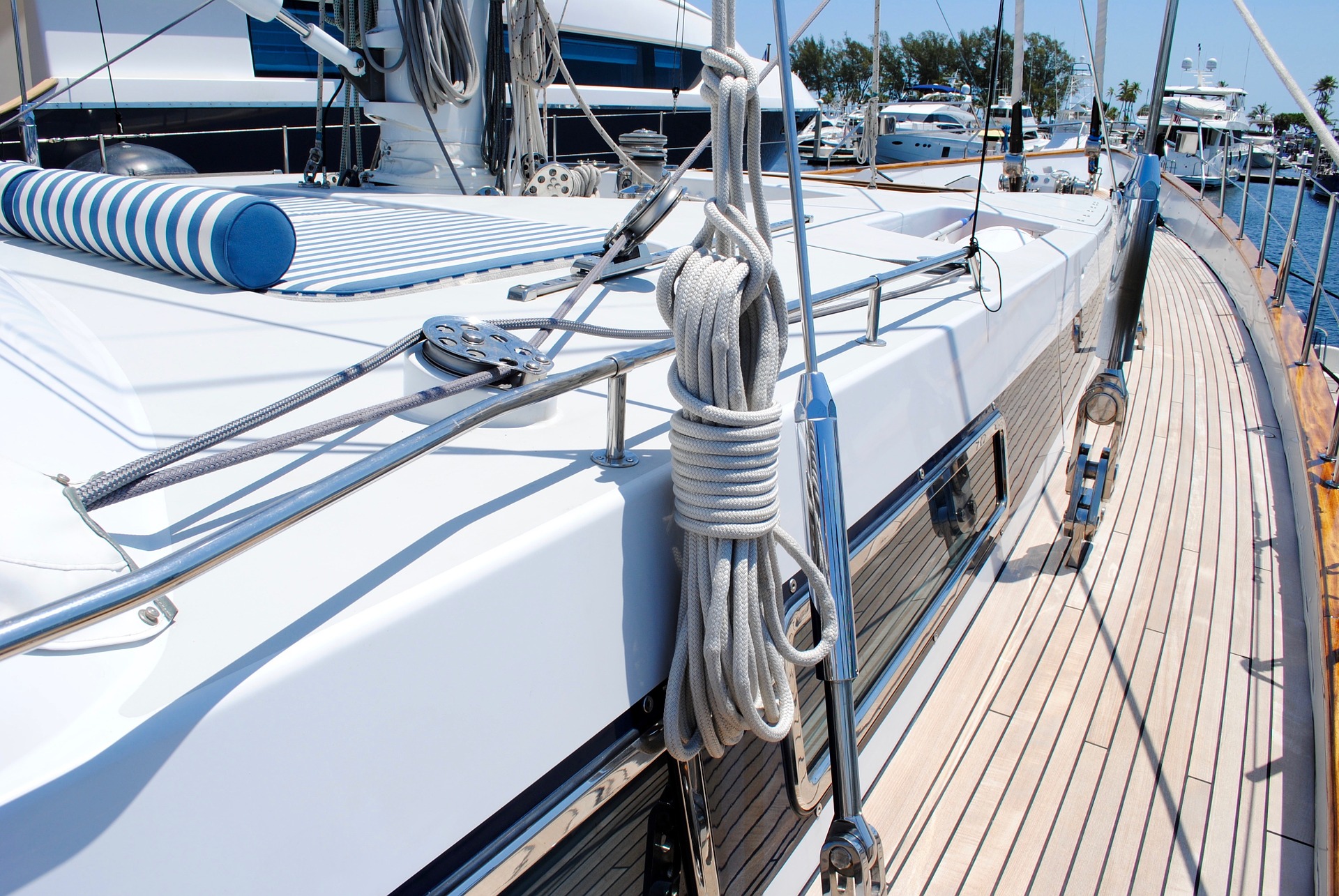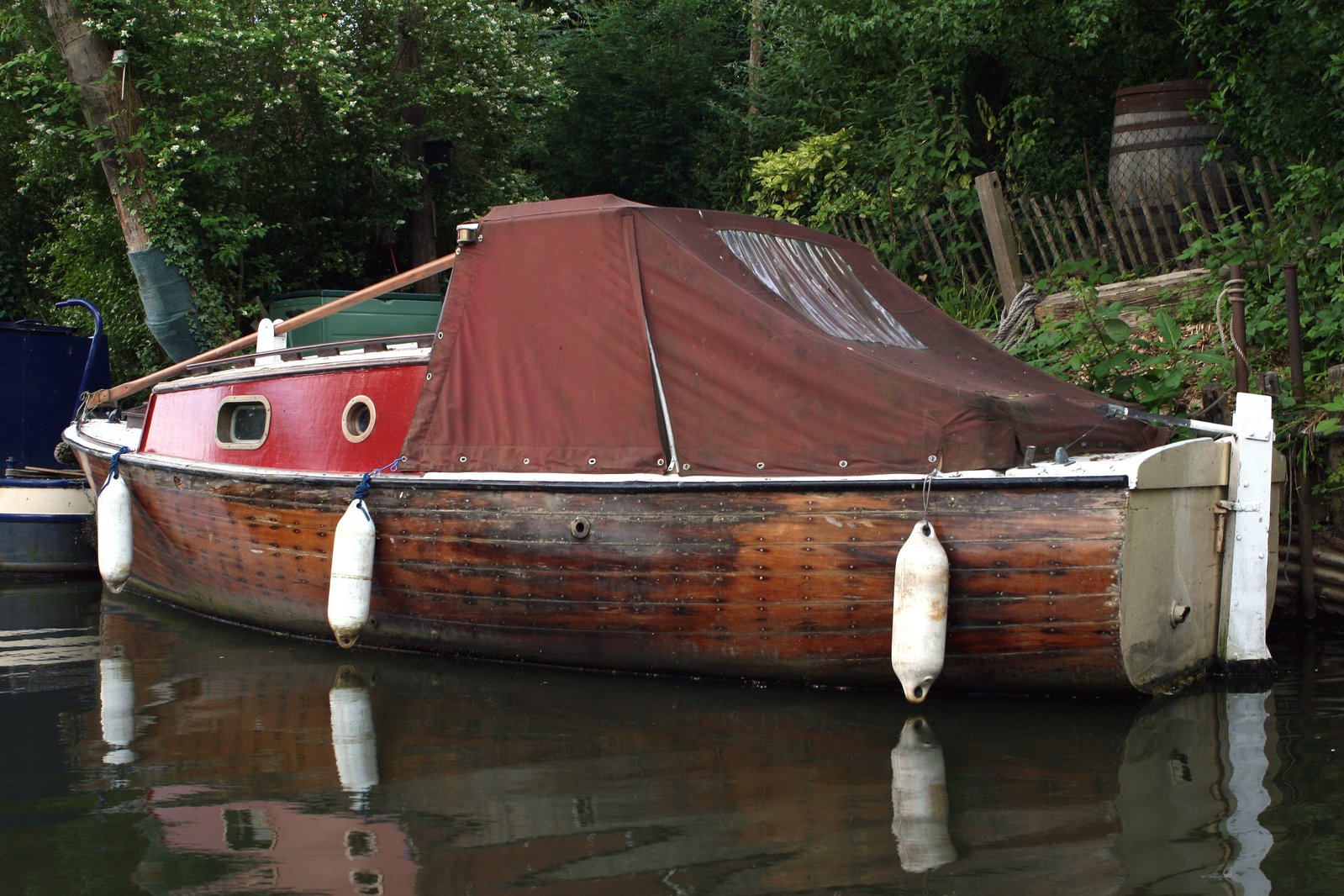
How do you winterize your boat?
In this article, we guide you on how you should prepare your boat for the cold season.
What Is Boat Winterization?
Boat winterization is a necessity for those who live in really cold places but others who live in less cold areas view it as optional. Either way, its primary purpose is to prolong your boat’s lifespan that tends to decrease the moment damage creeps in, as temperature dips past the freezing point.
1. Cleaning Your Boat
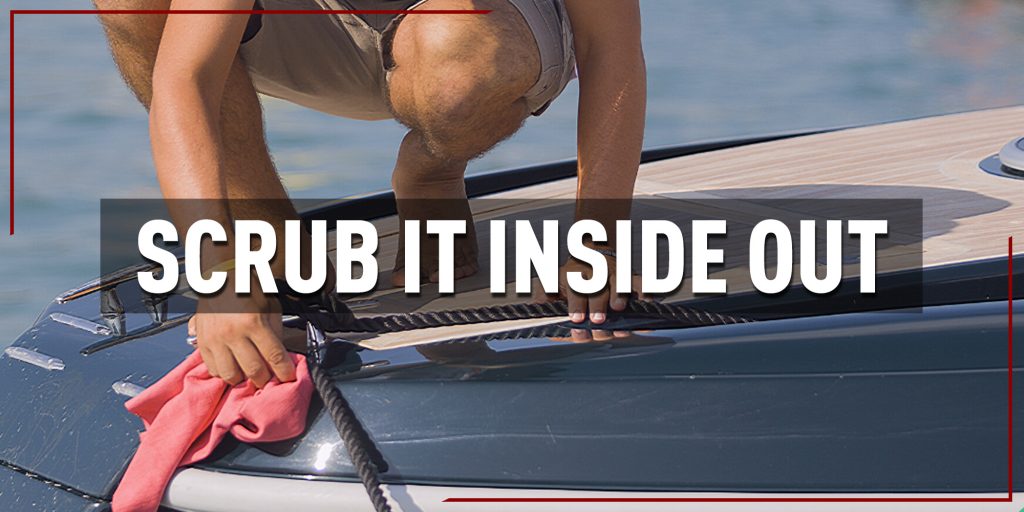
Clean your boat thoroughly by scrubbing it from inside out. The logic here is that the interior part is where you’ll be spending most of your time with so freeing it from contaminants is your number one priority, followed by the exterior for resiliency. Take note of the deck and saloon. The former serves as your workstation and the latter usually functions as a dining place.
Polish your isinglass or the vinyl plastic that forms your windows to maintain a clear view of the surroundings. Since isinglass is naturally sensitive, drenching it with water is better than spraying a heavy volume of water to avoid accidentally scratching it. Don’t forget to put wax on all exposed parts as well to prevent rusting.
2. Winterizing Your Boat Engine
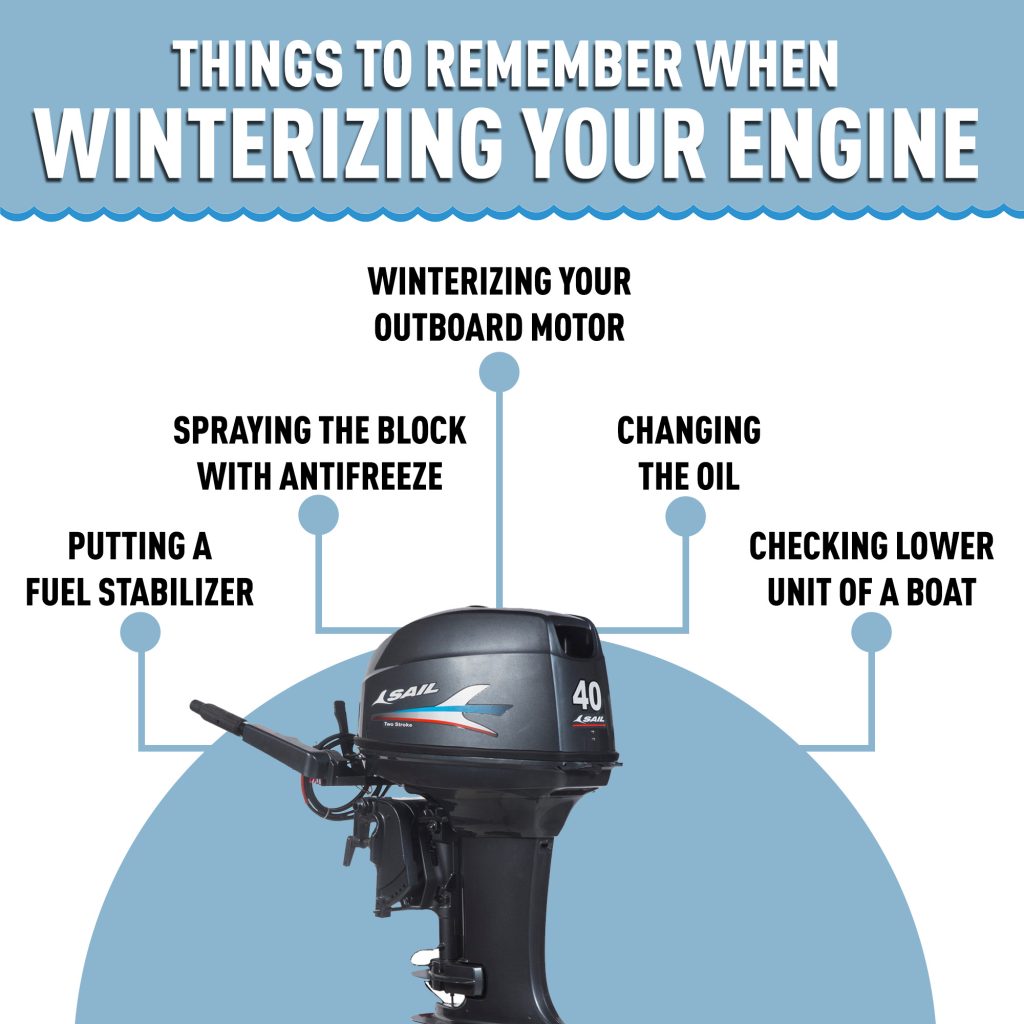
Taking care of your engine sees to it that your boat stays in suitable running condition but to do so, you need to strictly follow these.
- Putting a Fuel Stabilizer – stops the possibility of varnish accumulation on the carburetors which happens when you rarely use your boat.
- Spraying the Block with Antifreeze – is important because it prevents stagnant water on the block from turning into ice, which damages the block itself as it pushes its way to the surface. Antifreeze comes in two types; Ethylene Glycol for automotive and Propylene Glycol for marine (that’s recommended for most boats). The good thing about the latter is it isn’t toxic and won’t have a negative effect when discharged on bodies of water.
- Winterizing Your Outboard Motor – opens the thermostat, ensures proper water circulation and does the same to the fuel stabilizer, for adequate supply and breathablness purposes.
- Changing the Oil – gets rid of the currently dirty oil that can cause corrosion to the motor and lets you give the motor a good start.
- Checking Lower Unit of a Boat – makes moving out of the water easier than usual. However, this is only possible if your boat has an outdoor motor or an exterior movement system.
For detailed info on winterizing your engine, head to West Marine’s Channel.
3. Winterizing Boat Freshwater System
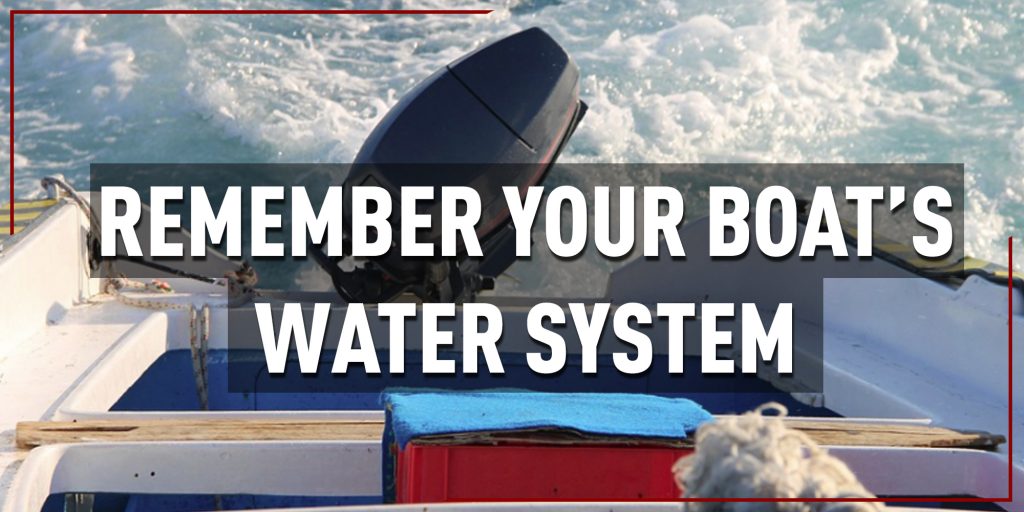
Neglecting to remove wastes in your boat’s water system runs the same risk of damaging your boat’s vital components and compromising its performance. To avoid these, you have to open all your faucets as well as your water pump, until the water tank goes empty.
Afterwards, put in as much antifreeze into your water tank as required normally done in gallons. Then, close all faucets except the one farthest from the pump (which is a hot water supply). Repetitively flush out the antifreeze substance from your hot water supply by turning it on and off.
Note: In case you accidentally swallow a portion of the antifreeze that hasn’t been totally removed from your main water supply through your faucet by means of drinking, it’s fine because it’s generally safe as reported by Agency for Toxic Substances & Disease Registry (ATSDR).
For further instructions, refer to Onboard With Eddie’s Channel.
4. Preventing Molds on Boat Seats and Other Interiors
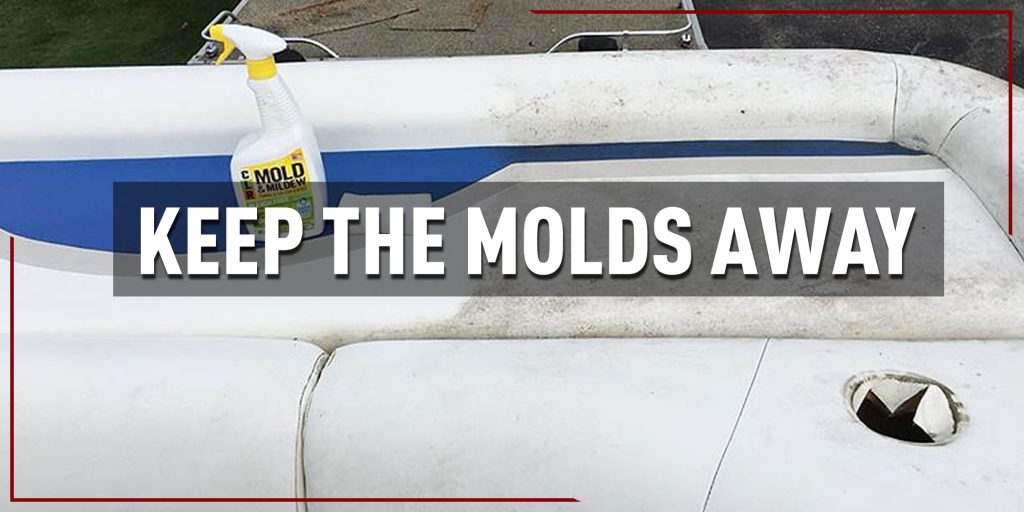
When your boat isn’t in use for a long time, the air inside it becomes very warm and the moment it comes in contact with its cold surface caused by the winter season, forms moisture or water droplets where molds thrive.
To evade such a scenario from happening, you need to remove all valuables in your boat; from your pillows to electronic devices and open all windows or doors, to allow a reasonable amount of air to pass through for proper ventilation.
Using dehumidifiers is also an effective way of preventing mold accumulation because dehumidifiers absorb warm air, filters moisture out, and release dry air within your boat.
5. Storing Your Boat for Winter
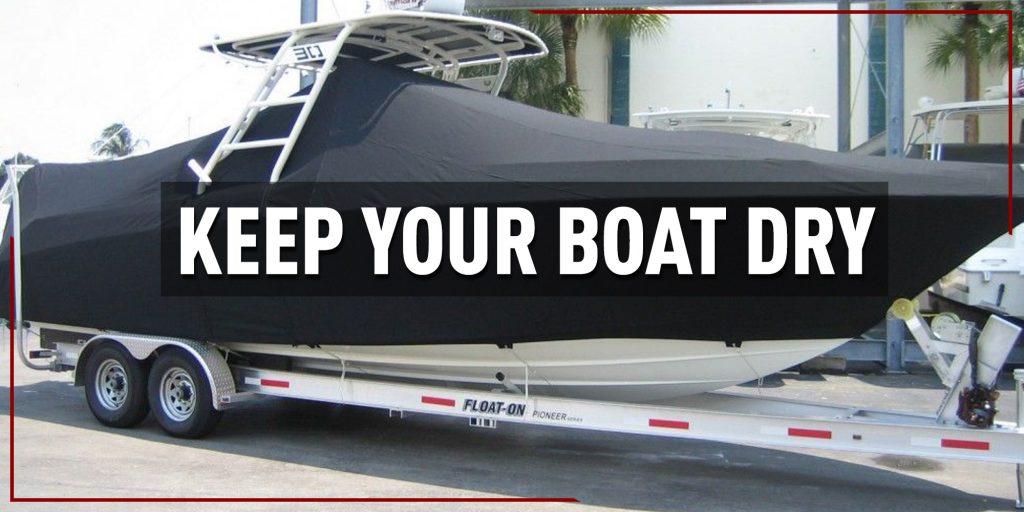
When all areas of the boat are checked, put your boat in a secure place and properly cover it. The primary reason why you should cover your boat is that you help it remain dry amidst the cool season.
At the same time, you protect it against the possibility of acquiring cracks caused by ice formation and melting on the surface.
If your boat’s put on jack stands, jack stands must be properly chained to avoid the risk of a slipping accident.
If you live in very cold regions, using de-icers helps prevent water from completely freezing by continuously moving the water around the boat.
Where to Store Your Boat
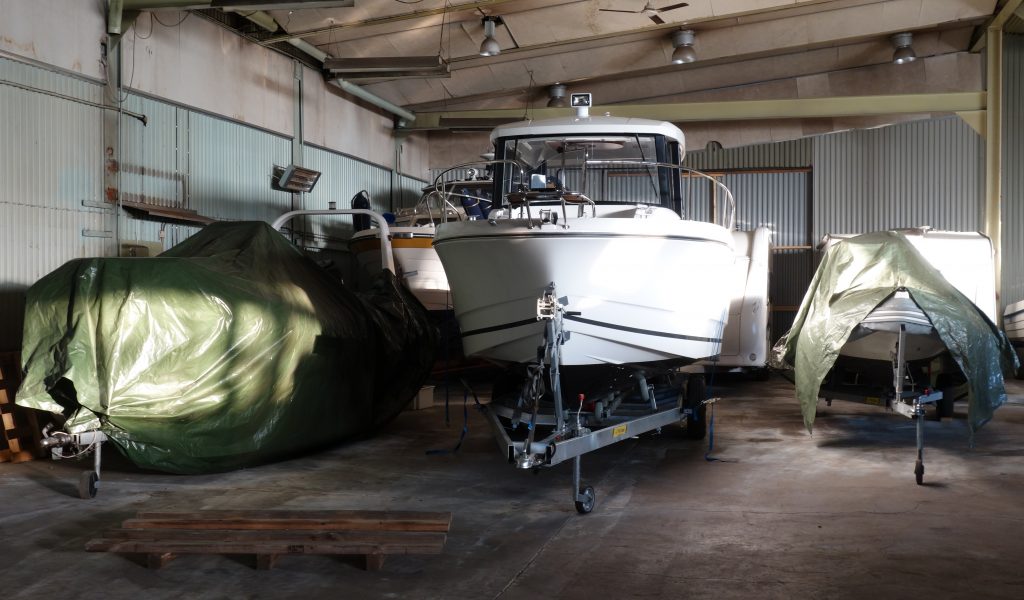
We all know that winter has its own disadvantages, especially if you own a vessel. One of the problems will or might have encountered is boat storage. Though there are plenty of options on where to store your boat, it’s still better to know what’s the best place to store your boat during the winter.
On a Trailer in Your Own Yard or On a Driveway
In my personal opinion, the best place to store your trailer is in your own yard. Besides the fact that you can check it from time to time, your expense will be lessened since you won’t pay any cash. You can also perform daily maintenance easily if there are damages.
But before storing your trailered boat in your yard or driveway, make sure that it’s legal in your municipality since some homeowner associations need permits before allowing you to park.
In some places, it’s legal to park your boat on a driveway as long as it’s “sight-screened” (parked either behind or to the side of your house), while other communities will not allow you to park your boat on a driveway for longer than 72 hours.
Indoor Winter Boat Storage
The second best option where to store your boat is via indoor winter boat storage. In this storage, your boat is surely secured and protected from sun damage and mildew.
The only thing that you need to do, is preparing your boat and winterize it. Make sure that your boat is ready and in good condition, before storing it in your chosen facility for months.
Outdoor Winter Boat Storage
The next place to store your boat is via outdoor winter boat storage. This option will give you a choice whether to park your boat on pavement, grass, or gravel. It’s also accessible, especially when your boat is trailered – you can easily repair it since outdoor spaces are not limited unlike when your boat is parked indoors.
The only downside in this is your boat will be surely exposed to sun and snow that can cause damages so you really need to monitor it daily.
At a Marina
Storing your boat in a marina can be very convenient since your boat will remain in the water and can be easily launched. This option is recommended for large boats such as; yachts, cabin cruisers, catamarans, etc.
Your boat will be secure and accessible when stored in marinas. However, this is the most expensive option for storage.
Conclusion
Winterizing your boat surely takes time and effort. But by doing so, lets you spare your boat from damages that can affect not only your comfort but also your livelihood when the season changes. How do you winterize yours? Let us know by commenting below.
